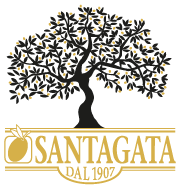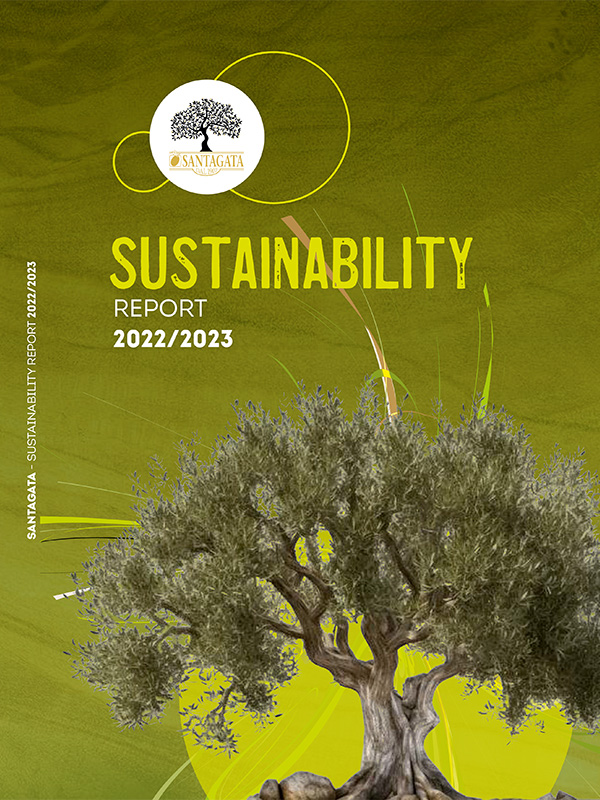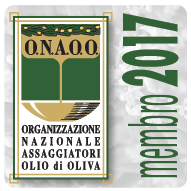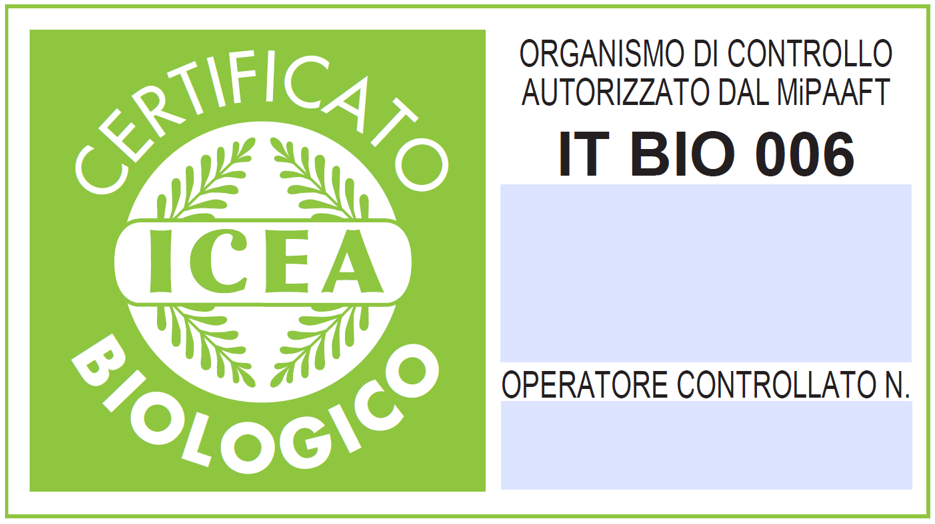A scolarship to support applied research in olive growing
The technology startup Piano Green invests in research and supports a 3-year scholarship dedicated to the research on the growth dynamics of trees of agroforestry interest in real and simulated ecosystems.
The research – supervised by Prof. Tommaso Sitzia of the University of Padua – will use the “Microcosmo” growth chamber. The scholarship has been won by Flora Giulia Simonelli, graduated in Forestry and Environmental Sciences from the University of Padua.
After graduating from scientific high school, Flora completed a degree in Forestry and Environmental Sciences in 2015 and a Master’s degree in 2018, with both theses on forest ecology and in particular on the influence of the presence of invasive exotic species (Robinia Pseudoacacia) on the floristic composition of habitats and sites protected at EU level.
Since July 2018, after obtaining her degree, she has worked as a freelance professional as a Doctor of Forestry belonging to the Order of Agronomists and Forestry Doctors of the Province of Brescia, dealing with characterising activities such as landscape-environmental studies, environmental, historical-landscape and forestry improvement projects and phytosanitary and phytostatic assessments of trees.
The PhD will focus on the study of the use of the Smart field simulator Microcosmo with the aim of carrying out research on the outlets of its application in the field of olive growing and in particular in the study of olive trees and invasive exotic species that often affect the stands of this species (Robinia pseudoacacia, Ailanthus altissima, etc.) and other native species.
This research project is contextualised in the thematic area of SNSI SN_B5 and in the large research area of PNR 2021-2027 number 6 and is supported by Piano Green with a scolarship from MISE (Ministry of Economic Development) in order to develop a more sustainable agriculture with a high level of environmental compatibility in which production systems are developed considering and also focusing on their ecological value and the ecosystem services provided.
The potential of this research into the agriculture of the future finds a fertile social context where the changing climate and biological responses in a rapidly changing environment and a renewed community interest in the fate of trees, forests and agriculture are increasingly evident, even more so if we take into account the farmers and agricultural entrepreneurs who face the effects of climate change year after year.
The Microcosmo is a smart field simulator, a technological growth chamber, a European patent of the Gruppo Fos and ENEA (National Agency for New Technologies, Energy and Sustainable Economic Development) marketed by Piano Green, that applies the principle of soil-based growth and is equipped with local and remote control systems for environmental parameters such as temperature, humidity, ventilation and lighting.
Its use allows field methods to be applied in simulations to verify that tree responses in simulated ecosystems are comparable to responses in real ones. In this way, research can study some alien invasive tree species that are problematic in agroforestry systems, hedgerows and adjacent patches of land (e.g. Ailanthus altissima and Robinia pseudoacacia). In addition, knowing that both A. altissima and R. pseudoacacia have strong influences on surrounding plant species, the research allows different plant associations to be tested to control their invasiveness.
The ecosystems that will be taken into consideration for this study are likely to be the typical agroforestry systems of northern Italy (olive groves, vineyards, etc.) and neighbouring ecosystems.
Piano Green is an innovative technological start-up created by Gruppo Fos and Santagata dedicated to smart agriculture solutions. Its objective is to develop digital solutions for the agri-environmental sector.








